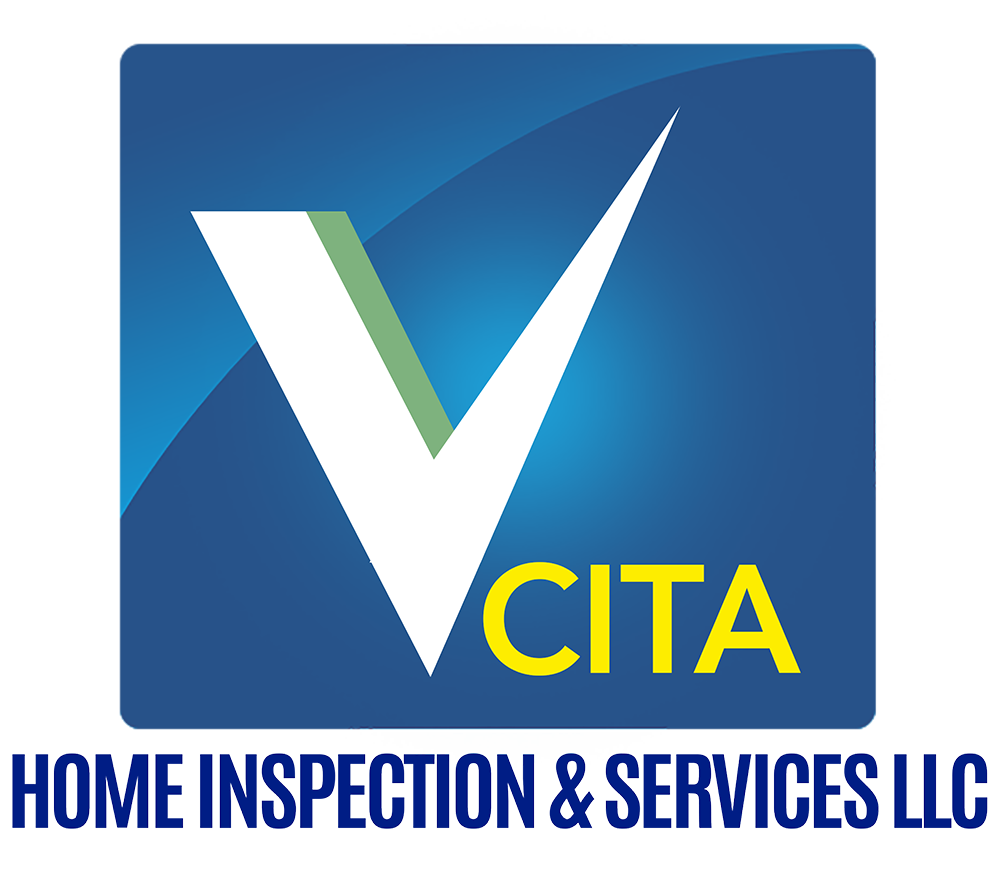Living in the beautiful coastal areas of Jupiter and Fort Pierce, Florida, comes with a unique set of environmental challenges. The warm, humid climate that makes this region so appealing to residents and tourists alike also creates the perfect breeding ground for mold. Two of the most common and potentially dangerous types of mold found in homes here are Penicillium and Aspergillus.
While both molds are naturally occurring, their presence in your home can lead to serious health risks and extensive property damage if left unchecked. In this article, we’ll explore the dangers of these molds, how they can affect your home and health, and why a professional mold inspection is crucial in protecting your property.

Understanding Penicillium and Aspergillus Molds
Both Penicillium and Aspergillus molds are types of fungi that thrive in moist, warm environments—making Florida homes particularly susceptible. While they play an important role in nature by breaking down organic matter, their growth inside a home can pose significant risks.
Penicillium Mold
Penicillium is a fast-spreading mold often found on water-damaged materials like carpeting, wallpaper, and insulation. Its spores are easily airborne, which means it can quickly spread throughout your home if not detected early. While some species of Penicillium are used to produce antibiotics (like penicillin), others are harmful when inhaled, especially in large quantities.
Aspergillus Mold
Aspergillus is another common mold found in Florida homes, particularly in areas with poor ventilation and high humidity. It is often found in air conditioning systems, walls, and basements. Aspergillus is particularly concerning because some species produce mycotoxins—toxic substances that can have severe health effects when inhaled over time.
Health Risks Associated with Penicillium and Aspergillus
Both Penicillium and Aspergillus molds release spores into the air, which can be inhaled and cause a variety of health problems, especially for vulnerable individuals such as children, the elderly, and those with pre-existing respiratory conditions or weakened immune systems.
1. Respiratory Issues
Inhalation of mold spores from both Penicillium and Aspergillus can lead to respiratory problems such as wheezing, coughing, throat irritation, and shortness of breath. Individuals with asthma or chronic respiratory conditions may experience more frequent and severe symptoms, as mold exposure can exacerbate their conditions.
2. Allergic Reactions
Mold spores are known allergens, and exposure to Penicillium and Aspergillus can cause allergic reactions in sensitive individuals. Symptoms can range from mild, such as sneezing, runny nose, and itchy eyes, to more severe, including skin rashes and sinus infections.
3. Aspergillosis: A Serious Fungal Infection
One of the most dangerous health risks associated with Aspergillus mold is aspergillosis, a fungal infection that can affect the lungs. There are different types of aspergillosis, with the most severe being invasive aspergillosis, which occurs when the mold invades lung tissue. This condition is particularly dangerous for individuals with weakened immune systems, such as cancer patients or those who have undergone organ transplants.
4. Toxic Mold Exposure
Some species of Aspergillus produce mycotoxins, which are toxic compounds that can lead to long-term health effects, including fatigue, headaches, memory loss, and neurological symptoms. Prolonged exposure to mycotoxins in the home can contribute to immune system suppression, making it more difficult for the body to fight off infections and diseases.
Property Damage Caused by Penicillium and Aspergillus
In addition to the health risks, both Penicillium and Aspergillus can cause significant damage to your home. These molds feed on organic materials, including wood, drywall, and fabrics, leading to the degradation of these materials over time.
1. Water Damage Amplifies Mold Growth
Penicillium and Aspergillus thrive in areas of your home that have experienced water damage. This could be due to leaks in the roof, faulty plumbing, or water intrusion from storms—a common issue in coastal areas like Jupiter and Fort Pierce. If water-damaged materials are not addressed promptly, mold can spread rapidly, causing more extensive damage.
2. Compromised Structural Integrity
Over time, mold can weaken the structural integrity of your home. Wood rot, damaged drywall, and deteriorating insulation can all result from unchecked mold growth. If left untreated, this damage can lead to costly repairs or even require major renovations.
3. HVAC System Contamination
Aspergillus is particularly notorious for contaminating HVAC systems. Once inside your air ducts, mold spores can spread throughout your home, creating a continuous cycle of contamination. This not only impacts indoor air quality but can also lead to higher energy bills as your HVAC system struggles to function efficiently under moldy conditions.
The Importance of Professional Mold Inspections
Given the risks posed by Penicillium and Aspergillus mold, it’s essential to take proactive steps to protect your home and your health. A professional mold inspection is the most effective way to detect and assess mold issues in your home before they cause serious damage.
1. Identifying Hidden Mold
One of the biggest challenges of dealing with mold is that it often grows in hidden areas such as behind walls, under flooring, or in air ducts. Professional mold inspectors have the tools and expertise to detect mold even in hard-to-reach places, ensuring that no mold goes undetected.
2. Accurate Assessment of Mold Type
Not all molds are created equal. Some types of mold are less harmful than others, and it’s important to identify whether you’re dealing with toxic molds like Aspergillus or Penicillium. A professional mold inspection provides a precise assessment of the type and extent of mold contamination, allowing for targeted remediation.
3. Preventing Future Mold Growth
Professional inspectors don’t just identify mold—they can also pinpoint the conditions that are allowing mold to thrive, such as poor ventilation, leaks, or high humidity. By addressing these underlying issues, you can prevent future mold growth and protect your home from ongoing damage.
4. Peace of Mind and Health Protection
Ultimately, a professional mold inspection provides peace of mind. Knowing that your home is mold-free—or identifying mold problems early—allows you to take steps to protect the health of your family and avoid costly repairs in the future.
Conclusion
Living in Jupiter and Fort Pierce, Florida, means enjoying the beauty and benefits of coastal life, but it also comes with the responsibility of protecting your home from mold. Penicillium and Aspergillus mold pose serious health risks and can cause significant property damage if left unchecked. A professional mold inspection is the first step in safeguarding your home and your health.
At Vcita Home Inspection, we specialize in detecting and addressing mold issues in homes across Florida. Our team of experienced inspectors can identify mold problems, assess the extent of the contamination, and provide recommendations to ensure your home remains a safe and healthy environment. Don’t wait for mold to become a major issue—contact us today to schedule your professional mold inspection.
About Vcita Home Inspection
Vcita Home Inspection provides expert mold inspection services in Jupiter, Fort Pierce, and surrounding areas. Our certified inspectors are committed to ensuring the safety of your home by identifying and addressing mold issues before they lead to serious health or property damage.
📞 Contact us now to schedule your mold inspection!
#MoldInspection #JupiterFlorida #FortPierceFlorida #PenicilliumMold #AspergillusMold #HomeInspection #MoldDamage #HealthRisks #VcitaHomeInspection
Phone
(844) 332-2264 (Head Office)
(772) 224-5655 (Direct Line)
(954) 295-5216 (Direct Line)
E-mail
calvinjohnson772@gmail.com
calvin@vcitahomeinspection.com
support@vcitahomeinspection.com
Proudly Serving:
Port St. Lucie | Fort Pierce | Stuart | Jupiter




